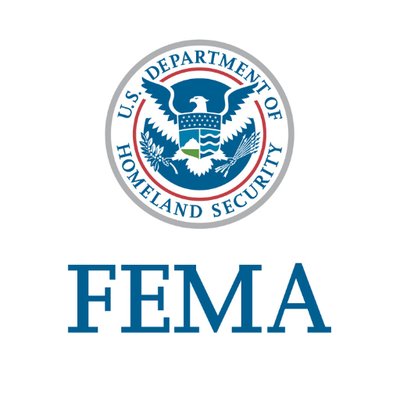The 2025 hurricane season is underway. It won’t be just the storms that determine how bad it is.
FEMA leads the federal response when disaster strikes. It coordinates rescue efforts, provides temporary housing and medical help, and offers financial assistance to repair homes or elevate them above flood levels. Its goal is to ensure that survivors have a safe place to stay and the means to rebuild.
Harris County is one of the state’s most disaster-prone areas and depends increasingly on FEMA resources. After Hurricane Beryl last July, more than 650,000 Harris County residents applied for FEMA aid, the most in over 20 years.
But federal disaster assistance does not stop with FEMA.
HUD offers grants to help local governments buy out flooded homes and rebuild in safer locations. Farmers and ranchers can seek emergency loans from the Department of Agriculture to replace lost crops and repair equipment. The Army Corps of Engineers may be called on to strengthen levees, clear debris from bayous and fix clogged drainage ditches.
The Department of Education provides recovery grants to help reopen classrooms when school buildings are damaged. The Small Business Administration offers low-interest loans to homeowners, renters and small businesses so they can begin repairs shortly after an extreme weather event.
Other federal agencies go beyond immediate relief and help communities like Houston prepare for disasters and improve long-term resilience.
The Environmental Protection Agency provides research grants and technical support to manage stormwater. The National Weather Service issues forecasts and flood warnings so residents can evacuate in time. The National Oceanic and Atmospheric Administration funds studies on coastal erosion and sea-level rise, giving local planners data to predict the impact of future disasters.
These programs are crucial to tackling chronic flooding, water quality issues and other enduring environmental threats, according to Matthew Tejada, senior vice president of environmental health at the Natural Resources Defense Council. He previously led Air Alliance Houston, a local environmental advocacy group.
“They are some of the toughest challenges we face in the United States. They impact people’s health. They foreshorten their lives. They minimize their economic prosperity. That has impacts for our entire society,” Tejada said. “These are problems that are not going away.”
We’ve discussed this before. We may or may not feel the effect here, but someone will somewhere – it’s a matter of when and not if. The chaotic and disorganized response to Hurricane Katrina twenty years ago contributed to the steep decline in then-President Bush’s popularity and led the way to some major political change. I have no idea what could happen this time. It might not be anything, if this winds up being a not-so-bad hurricane year or if there’s enough of a visible response to hide everything else. But there will be suffering and long-term damage, and we won’t know what it is until it happens. Hope for the best, because it could be really bad.


Don’t worry, everything is normal.
https://www.dailykos.com/stories/2025/6/9/2326509/-Cartoon-America-2025?pm_campaign=front_page&pm_source=top_news_slot_1&pm_medium=web
God (@thegodpodcast.com) says it all on Bluesky-
“ You don’t get a job in the Taco Administration unless you know jack-shit about fuck-all for the position you were given. “
DEI at work,